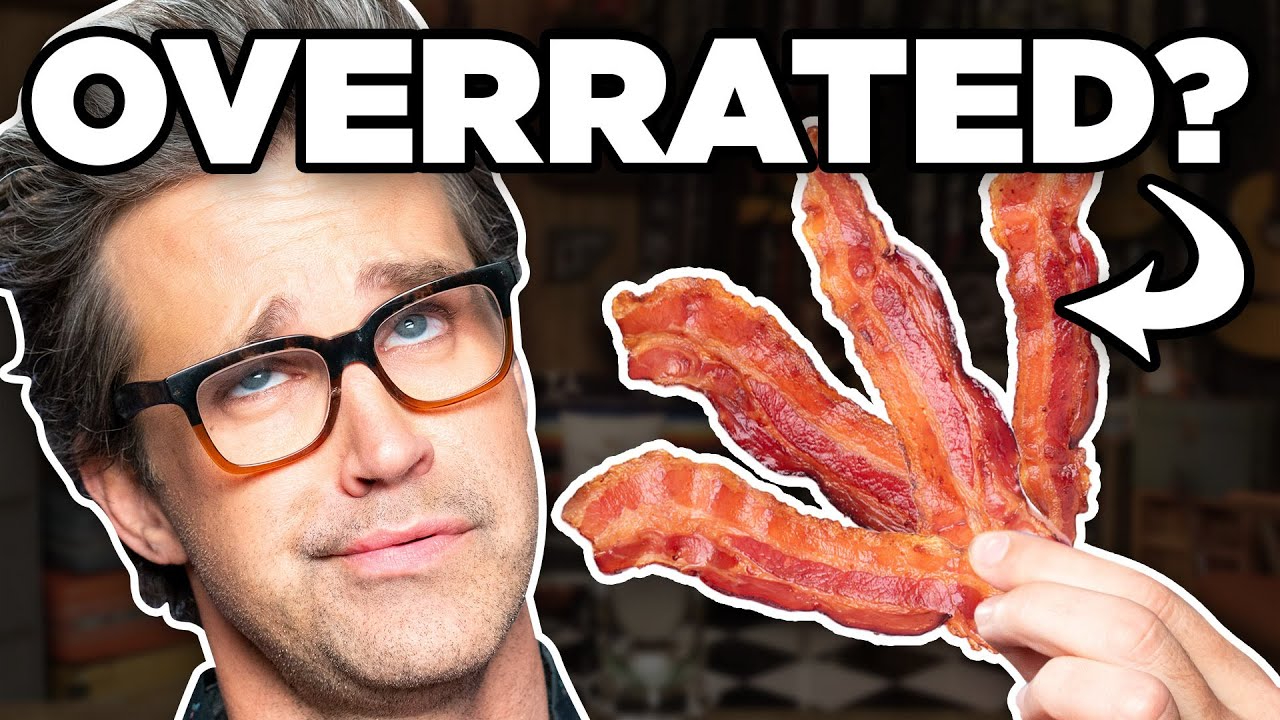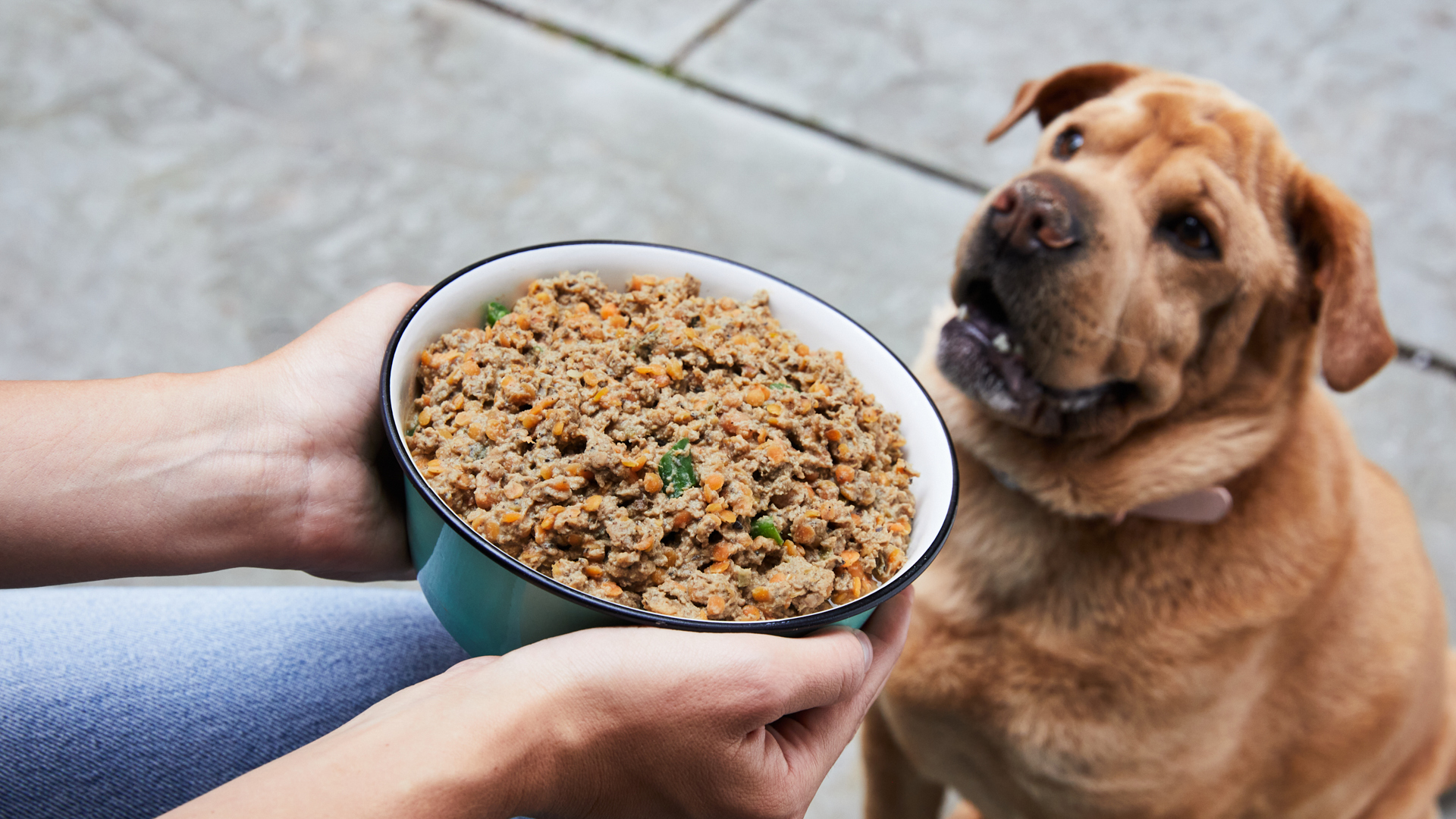Food, an essential aspect of human life, has the power to evoke pleasure, bring people together, and ignite passions. However, in the world of culinary experiences, there are certain foods that often receive exaggerated praise and hype, leading to their overrating. In this article, we will explore the concept of overrated and over-praised food, the factors contributing to this phenomenon, and the impact it has on our culinary journeys.
Introduction
Food overrating refers to the exaggeration of the qualities, taste, or value of a particular food item beyond what is reasonable or warranted. It occurs when a food gains excessive attention and acclaim, often surpassing its actual merit. The rise of food trends and the influence of marketing, media, and social media platforms have contributed to the perpetuation of overrating certain foods.
Factors contributing to food overrating
Marketing and media hype
Food marketing plays a crucial role in creating a buzz around certain products. Clever advertising techniques and persuasive campaigns can generate a sense of urgency and exclusivity, making consumers believe they must try a particular food to be part of a cultural moment. This hype can overshadow the true qualities and flavors of the food, leading to inflated expectations.
Social media influence
In the age of social media, food trends can quickly gain momentum through platforms like Instagram, TikTok, and YouTube. Influencers and food bloggers play a significant role in shaping people’s perceptions and preferences. When a certain food becomes popular among influential individuals, it often results in a ripple effect, causing widespread attention and over-praise.
Celebrity endorsements
Celebrity endorsements can create a frenzy around a particular food, as fans seek to emulate their favorite stars. This association with fame and success can elevate a food’s status, even if its actual taste or nutritional value does not warrant such praise. Celebrity influence can significantly impact public perception and contribute to the overrating of certain foods.
Examples of overrated and over-praised foods
Truffle oil :
Truffle oil, often used as a flavor enhancer, has gained widespread popularity and acclaim. However, its synthetic nature and overpowering aroma can lead to an excessive use that masks the natural flavors of dishes.
Acai bowls :
Acai bowls have become a trendy health food option, praised for their antioxidant properties and vibrant appearance. However, the excessive hype surrounding them often overlooks their high sugar content and the fact that they are not a magical cure-all for health.
Kale:
Kale has been hailed as a superfood, gaining a reputation for its nutritional value and health benefits. While it is indeed nutritious, the intense praise it receives may overshadow other equally beneficial leafy greens, limiting the variety in our diets.
Quinoa:
Quinoa, a protein-rich grain, has enjoyed a surge in popularity as a gluten-free alternative and a staple for health-conscious individuals. However, the excessive focus on quinoa often neglects other nutritious grains that offer a wider range of flavors and textures.
Gluten-free products:
The gluten-free trend has led to the proliferation of gluten-free products in the market, catering to individuals with gluten intolerance or celiac disease. However, the hype around these products often leads to the assumption that they are healthier or better for everyone, disregarding the fact that they may lack certain nutrients or contain higher levels of sugar and fat.
The impact of overrating on culinary experiences
The overrating of certain foods can have several negative consequences on our culinary experiences.
Unrealistic expectations
When a food is excessively praised, it creates unrealistic expectations in the minds of consumers. They anticipate an extraordinary taste or experience that may not be achievable, leading to disappointment and a sense of being misled.
Disappointment and wasted money
Investing time and money in trying overrated foods can lead to disappointment when the actual experience falls short of the exaggerated claims. It not only affects the individual’s culinary journey but also results in wasted resources.
Neglected alternatives
The focus on overrated foods often means that other equally delicious and deserving options are overlooked. It limits our exploration of diverse flavors, cuisines, and ingredients, preventing us from experiencing the full spectrum of culinary delights.
The psychology behind overrating food
The phenomenon of overrating food can be attributed to various psychological factors.
Cognitive biases
Cognitive biases, such as the bandwagon effect and the halo effect, contribute to the overrating of certain foods. The bandwagon effect leads people to adopt popular opinions or behaviors, assuming that if many others find a food exceptional, it must be true. The halo effect occurs when positive traits associated with a particular food, such as its appearance or health benefits, influence our overall perception of its taste and quality.
Herd mentality
Humans are social beings, and we often rely on the opinions and experiences of others to guide our own choices. When a food receives widespread praise, we tend to follow the crowd, assuming that it must be worthy of our attention and adoration.
Confirmation bias
Confirmation bias plays a role in perpetuating the overrating of food. Once we have formed a positive opinion about a particular food based on initial hype or recommendations, we tend to seek out information that confirms our beliefs while disregarding or downplaying dissenting opinions or experiences.
The importance of individual preferences
Amidst the overrating frenzy, it is essential to recognize that taste is subjective and varies from person to person. While some individuals may genuinely enjoy and appreciate overrated foods, others may have different preferences and find them underwhelming. Embracing our individuality and exploring a wide range of culinary experiences allows us to discover foods that genuinely resonate with our taste buds.
It’s important to note that personalizing our food choices and avoiding the pressure to conform to popular opinions can lead to a more fulfilling and satisfying culinary journey.
Balancing appreciation and criticism
While it is necessary to critically evaluate the overrating of certain foods, it is also important to strike a balance between appreciation and criticism.
Recognizing quality and authenticity
Instead of dismissing all overrated foods outright, it is crucial to acknowledge that some foods genuinely possess unique qualities or craftsmanship that warrant recognition. By appreciating the genuine excellence in food, we can distinguish between hype and true culinary treasures.
Considering cultural significance
Certain foods may be overrated in one culture but hold deep cultural significance and historical value in another. It is essential to understand and respect the cultural context in which certain foods are highly praised, even if they might not resonate with our personal tastes or preferences.
Encouraging constructive dialogue
Rather than engaging in heated debates or dismissing differing opinions, fostering constructive dialogue allows for a better understanding of why certain foods are overrated or over-praised. By respectfully discussing and sharing diverse perspectives, we can broaden our culinary knowledge and appreciate the complexity of food experiences.
Conclusion
In conclusion, the phenomenon of overrated and over-praised foods stems from a combination of marketing, media influence, and social factors. While some foods may indeed fall short of the hype surrounding them, it is important to approach the topic with an open mind and recognize the individuality of taste preferences. By exploring diverse culinary experiences, critically evaluating food claims, and engaging in constructive dialogue, we can navigate the world of food with authenticity and enjoyment.





